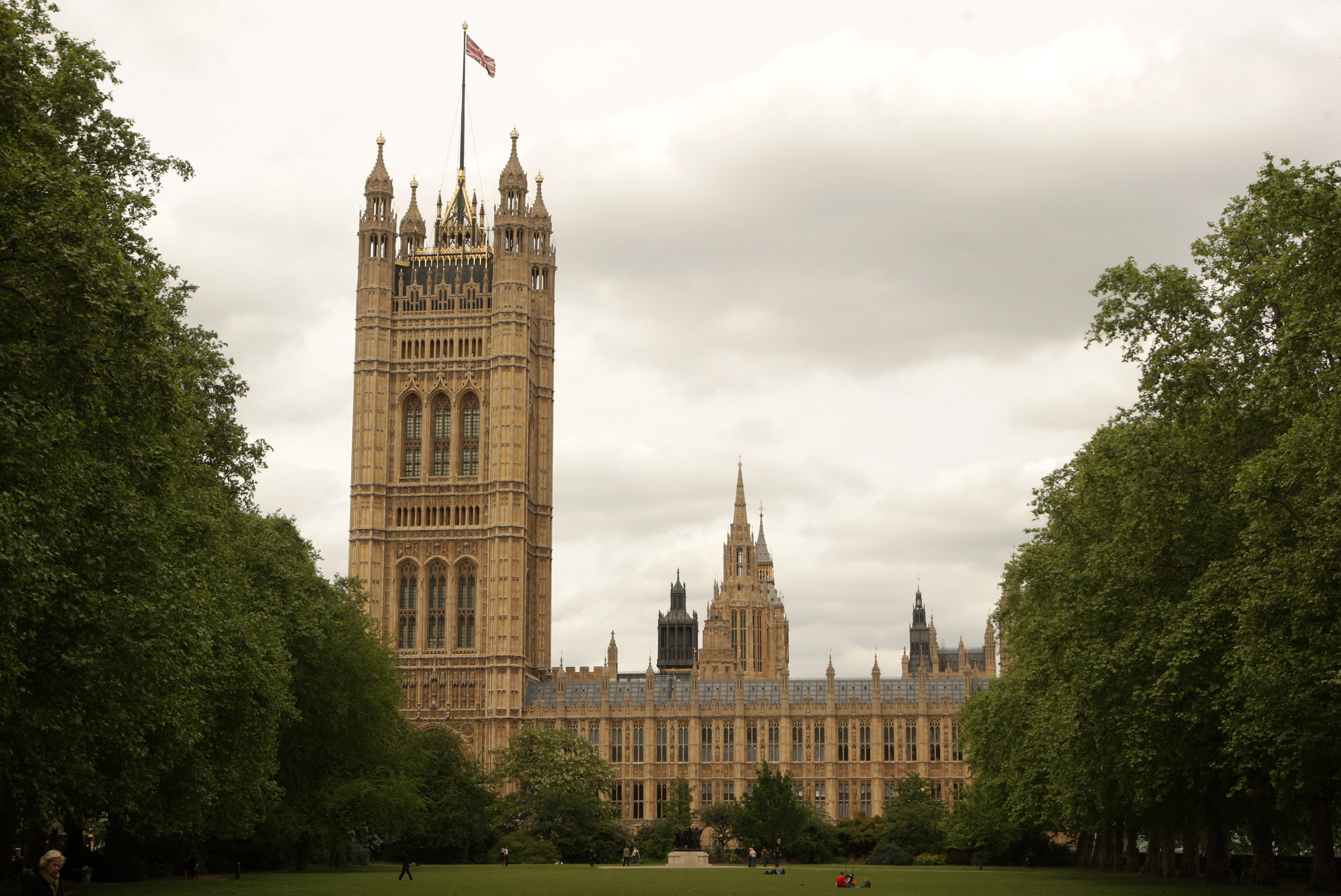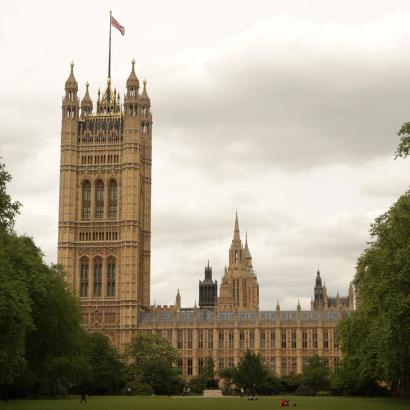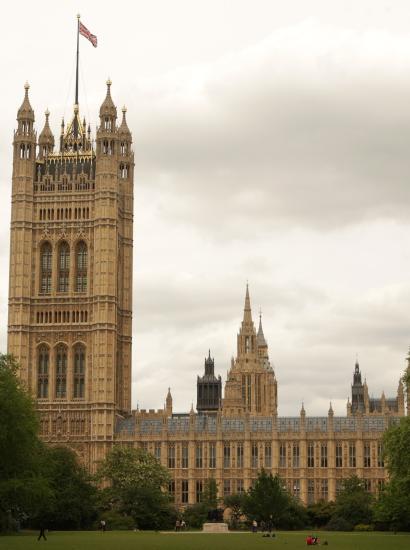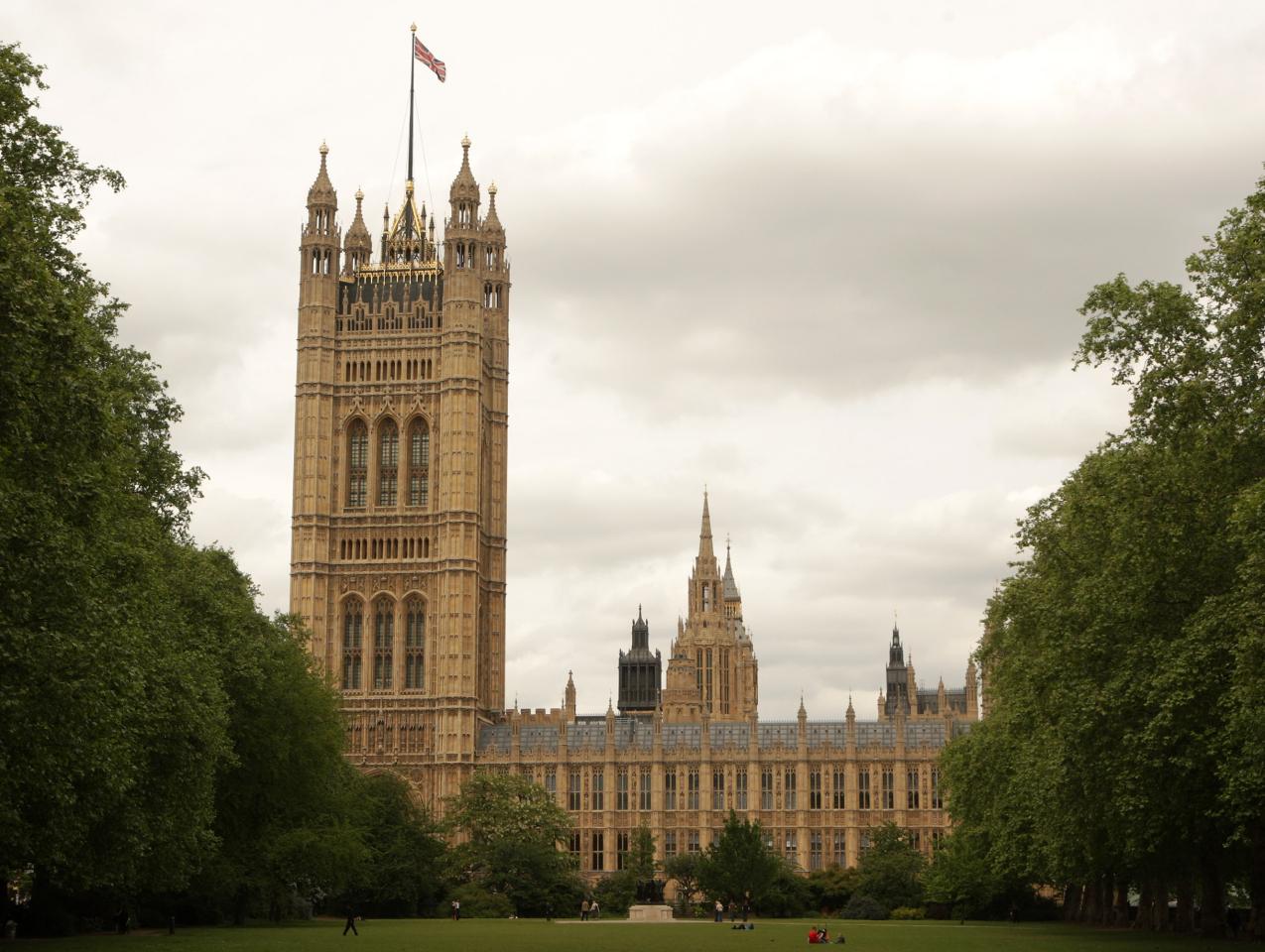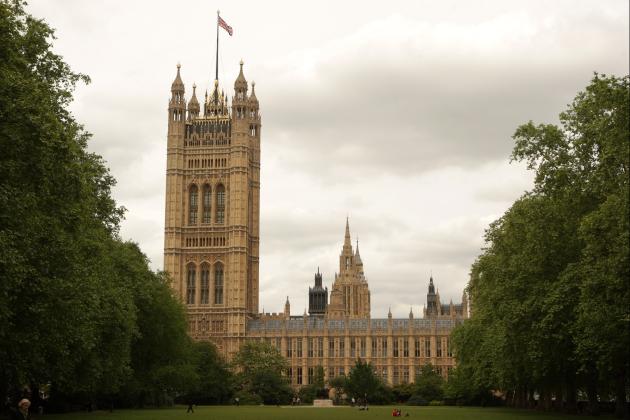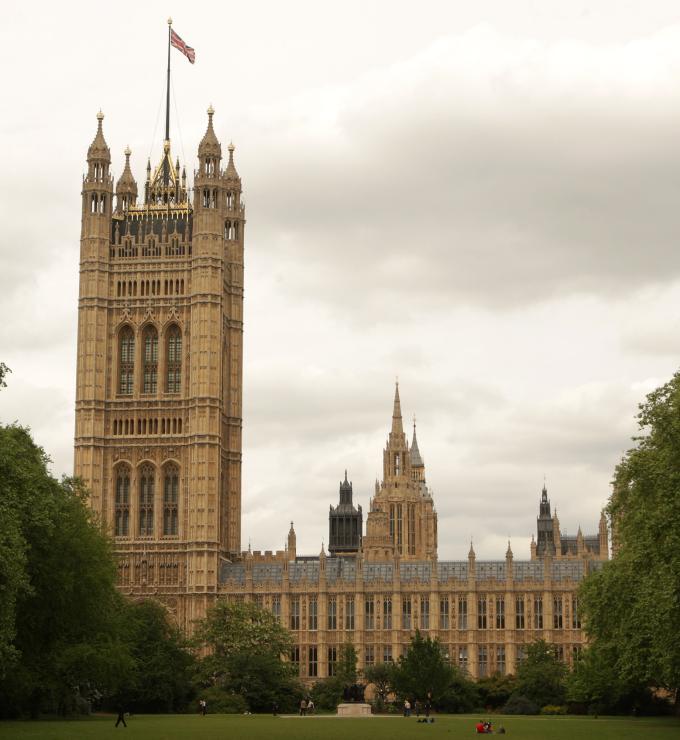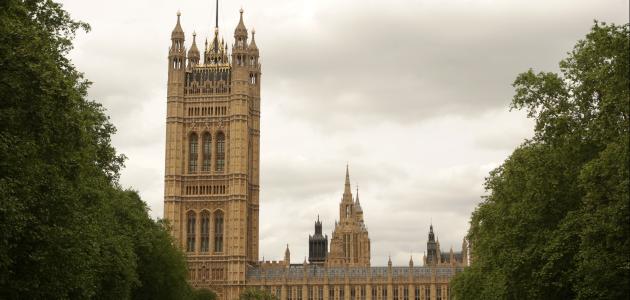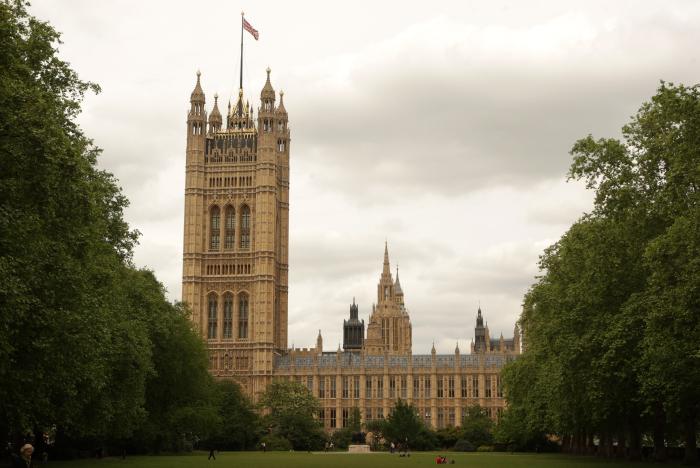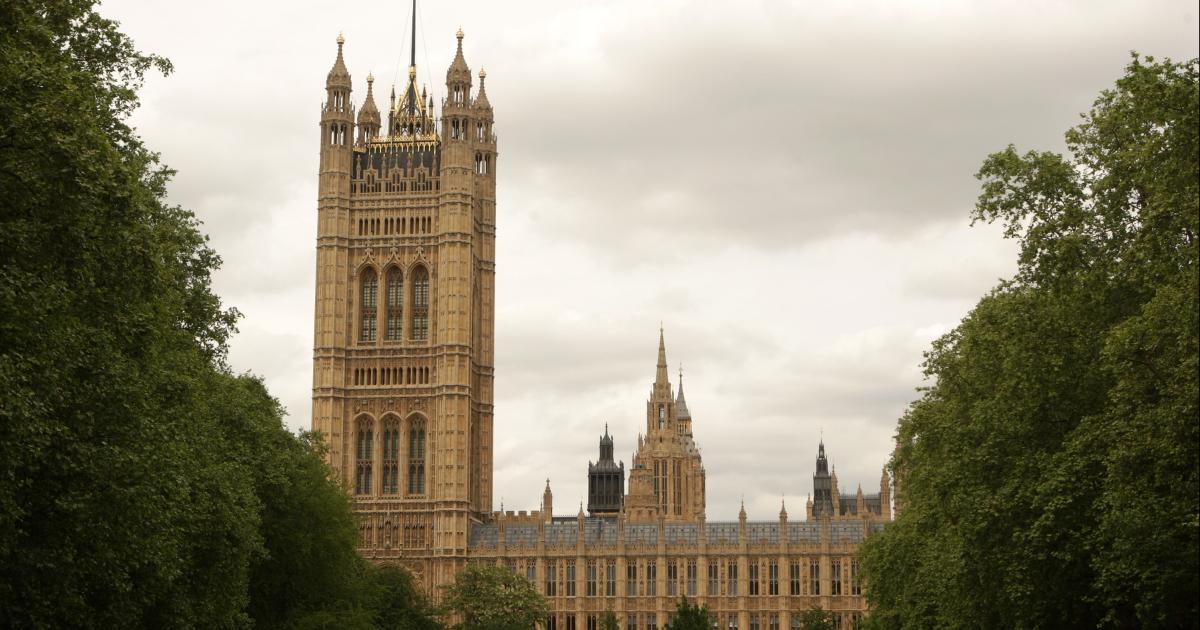- Europe
- Politics, Institutions, and Public Opinion
- Law & Policy
David L. Leal is a senior fellow (adjunct) at the Hoover Institution and participates in Hoover’s Center for Revitalizing American Institutions. A professor of government at the University of Texas at Austin, where his classes include British Politics and Government, he also explores the political and policy implications of demographic change in the United States. Read the first part of this essay here.
The main argument against the “hereditary” peers in Britain’s House of Lords is not, oddly enough, that they are harmful to lawmaking. One would think that fundamental reforms to the composition of a legislative chamber would somehow involve its work, but few in Westminster complain about the substantive contributions of the Lords.
One of the oft-repeated criticisms is that the chamber is too large. We ominously and repeatedly hear that only the Chinese National People’s Congress has more members—but is anyone suggesting a causal link between legislative size and communism? The New Hampshire House of Representatives has four hundred members, far and away the largest state legislative chamber in America, yet the “Live Free or Die” state is one of the more libertarian in the Union.
To the contrary, a relatively large number of members is appropriate for a scrutinizing body. With more members and expertise, the better attention it can pay to legislation originating from the other chamber. Furthermore, Lord Philip Norton notes that “size is not the most pressing problem in terms of public trust. My experience is that few people outside Westminster know how many members there are of the House.”
Another common claim is that hereditary peers are “undemocratic” and that the chamber somehow, for some reason, needs “democratic” legitimacy. What this means is unclear, but it sounds good on social media. This reflects the unfortunate tendency of many reformers to value abstraction over practicality, as noted long ago by Edmund Burke. A multidimensional concept like “democratic” should not be vaguely invoked to stop the good work of dozens of hardworking parliamentarians. As Toby Young noted, “Insofar as anyone on the Labour side has made an effort to criticise the status quo on philosophical grounds, their arguments were neatly summed up by my colleague Andrew Roberts: ‘It works in practice, but not in theory.’ ”
Another criticism is that some hereditary peers participate little in the life of the institution. This has not, however, lead to legislation expelling any inactive former politicians, party donors, and other Westminster flora and fauna ennobled by prime ministers. Furthermore, the evidence shows that the hereditaries do not participate less than do the life peers.
Lastly, the hereditary peers are all male and more than half are Conservatives. Their removal would shift the gender ratio from 2.18-1 to 1.85-1, which is not very much. It would also reduce the partisan imbalance, but Labour would remain thirty-five seats behind, and party lines are far less meaningful in the Lords than in the Commons. Prime ministers can also make as many appointments as they wish, and Keir Starmer has already appointed several dozen Labour lords, half a dozen Conservatives, two Liberal Democrats, and three cross-benchers (members of the Lords appointed for their expertise and without party affiliation). And the Labour bill to expel the hereditary peers would shrink the number of cross-benchers from 182 to 150, thereby reducing the number of nonpartisan legislators who work to advance the greater good.
What hereditary peers have to offer
Many of the hereditaries have life, work, and charitable experiences that enhance their contributions to lawmaking. They range from farmers to soldiers to humanitarians, and they can bring unique, real-world experience to legislative debates. It might be argued that it is the lower chamber, the Commons—increasingly comprised of university graduates and those who have never worked outside of politics—that is, in its own way, out of step with the nation and thereby “undemocratic.”
One example of an influential hereditary peer is the late John Montagu, the 11th Earl of Sandwich. Yes, the sandwich was named after his ancestor, but he was described in his Times obituary as a:
Humanitarian Aristocrat . . . happiest in jeans, a T-shirt, and sandals, supporting some of the world’s poorest people. His career was spent working for NGOs visiting and writing about projects in Asia and Africa, while in the Lords he was a powerful advocate for refugees, asylum seekers, and other humanitarian causes.
I doubt we will find many politicians with an Oxbridge-to-SpAd-to-Commons career with such a legacy.
Or consider Anthony Hamilton-Smith, 3rd Baron Colwyn. His title may not be reminiscent of luncheon, but his work involved nutrition. Here is an excerpt from his British Fluoridation Society obituary:
A qualified dentist, Lord Colwyn practiced in London for many years, gaining first-hand experience of the significant impact oral health initiatives could have on public well-being. . . . In the House of Lords, Lord Colwyn was a vocal advocate for preventive health measures . . . believing that extending fluoridation programs could reduce health disparities and improve dental outcomes for vulnerable communities. His work in this area reflected a broader passion for science-based health policy and preventive care.
Can anyone believe Parliament would have been a better place without him?
Charles Moore argued that hereditary peers are uniquely valuable because they are “disinterested, in the proper sense of that word. None is there for the power or the money (both of which are very small).” He also raised the following point: “In almost any free country, it would be unconstitutional for the executive to decide to remove a portion of those who sit in one of its legislative chambers, especially if such removal increases the executive’s power.”
Referencing Walter Bagehot’s famous distinction between the efficient and dignified aspects of government, Lord Andrew Roberts argued that “we should be appalled at the way an efficient and elegant part of the British constitution is being sacrificed on the altar of Labour hypocrisy, party advantage, and class prejudice.” His views are summarized in the title of his essay, “Expertise and hard work is being thrown away because of Labour’s decision to kick out hereditary peers from the Lords.”
As a historian, Lord Roberts is also well placed to warn the nation about “breaking this living link that we presently have with Britain’s past.” He further cautions about the removal of the Earl Marshal and the Lord Great Chamberlain from the Lords, which will “penalise and hamper the two architects of our state ceremonial. It is as though we were looking for the one area of British public life that still works faultlessly and deliberately trying to sabotage it.”
Think again, Britain!
Removing the hereditary peers may appear a minor adjustment to an archaic institution, but more is at stake. At a time when many of the core institutions of the British state are faltering, the government should think twice before impairing the fundamentals of the legislative process. The chamber may be contrary to progressive theory, and some in Labour must enjoy bashing an old enemy, but it works well in Burkean practice.
This reform would also damage Britain in other meaningful ways. Along with the monarchy and other ancient institutions, the House of Lords is part of the nation’s unique heritage and history, and therefore its soft power. As Harold Macmillan lamented about an end to the monarchy, “that would be the final destruction of colour and life and the sense of the past in this country.” And many will agree with James Price that “I am much more interested in preserving some of the magical eccentricity of the UK than allowing us to become grey and uniform.”







